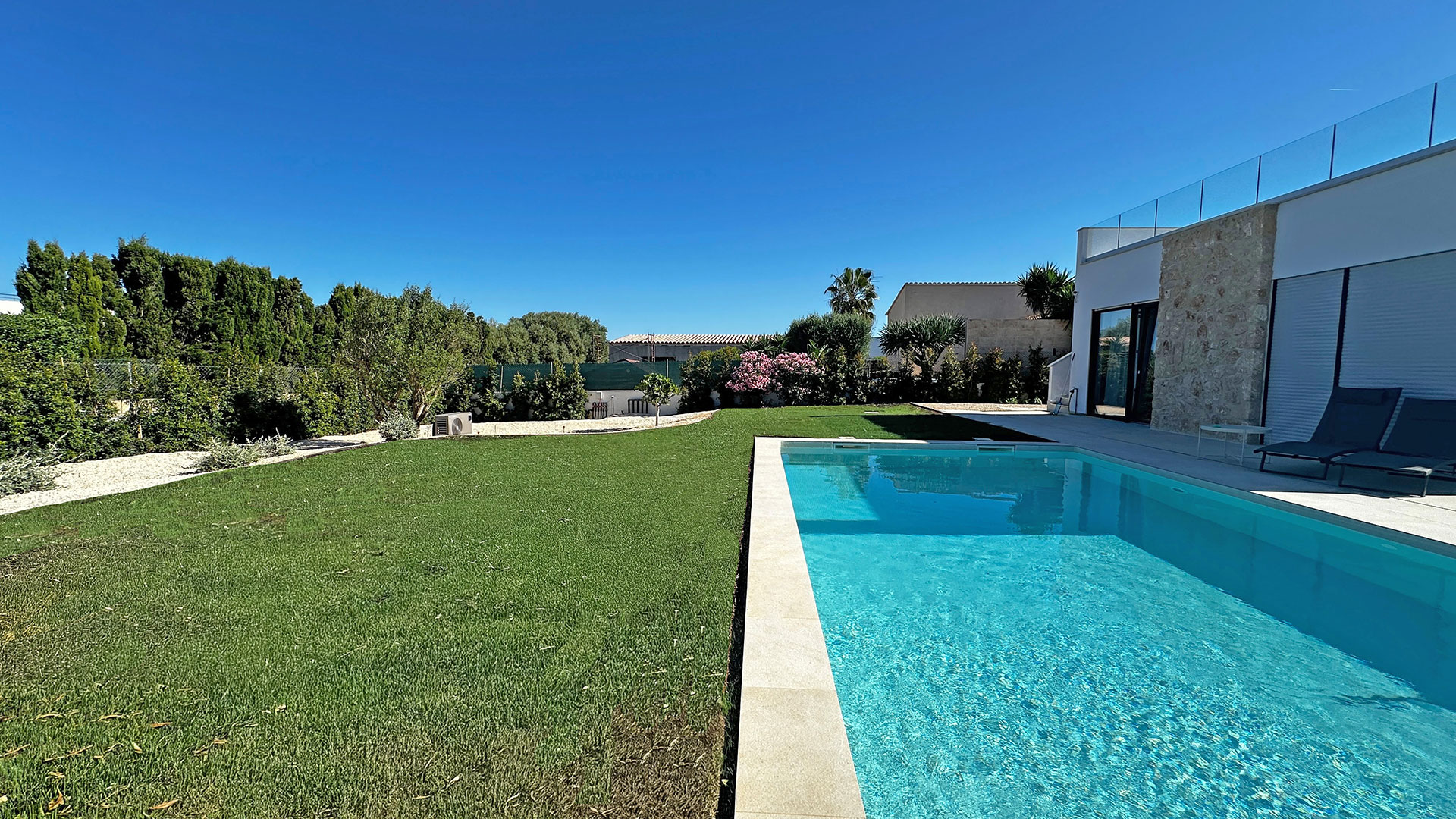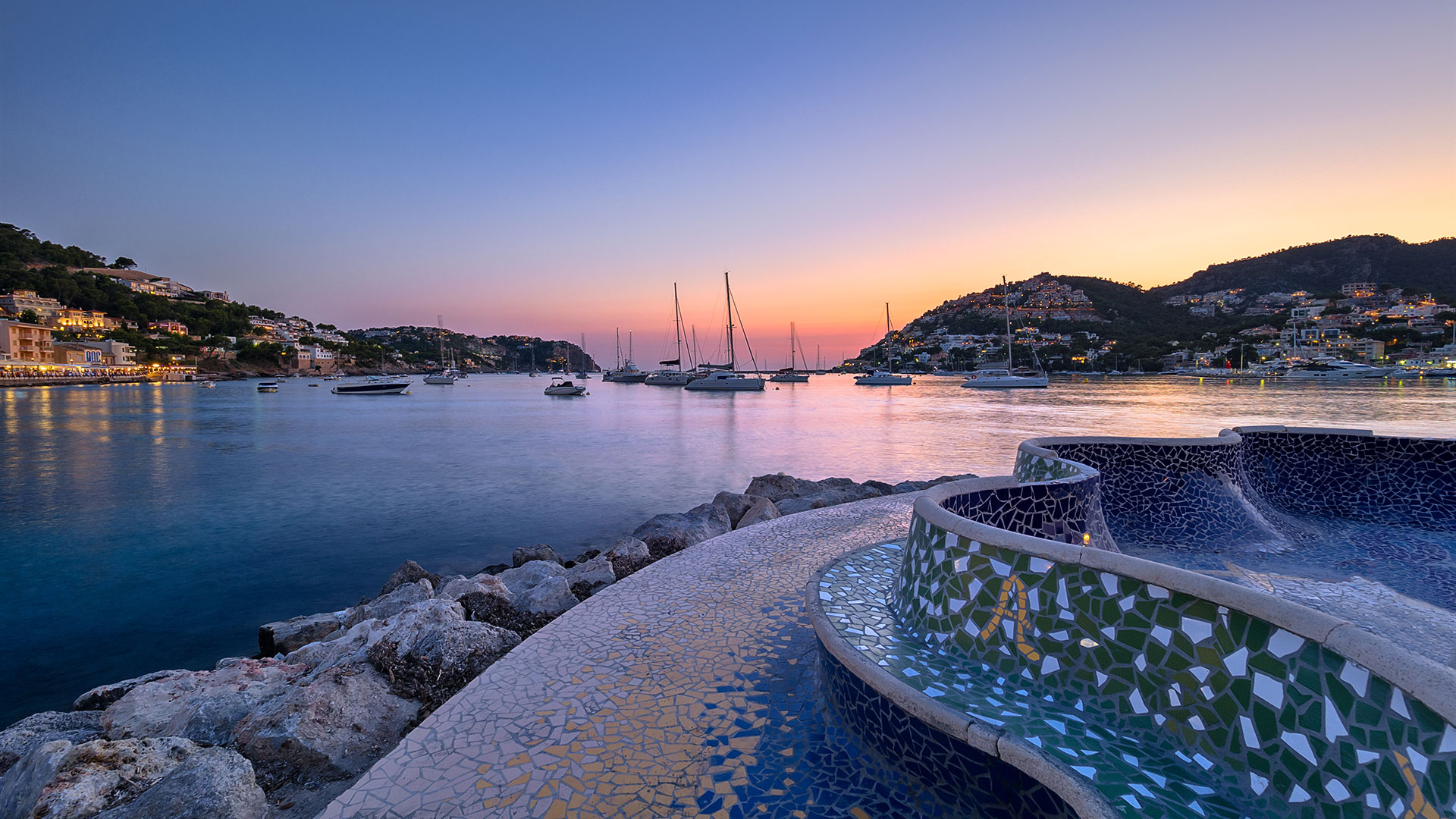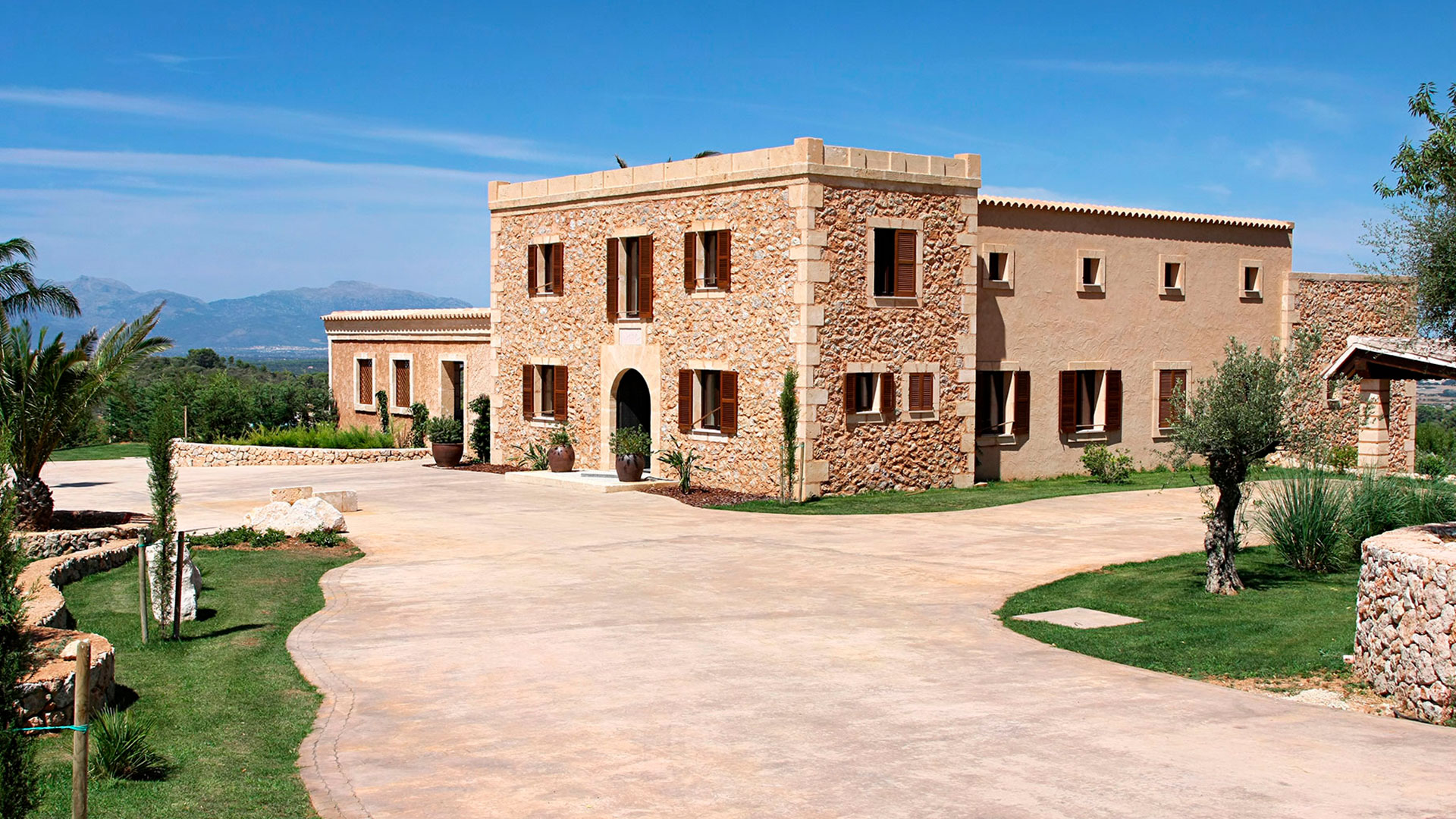

Building with Measure and Responsibility – A Perspective on Mallorca’s Future
Mallorca stands at a crossroads between being a tourist magnet, meeting housing needs, facing ecological challenges, and preserving its cultural identity. In particular, the intensive construction activity of recent years raises many questions – some justified, others overly generalized. While certain construction projects deserve critical scrutiny, a closer look reveals a more nuanced picture: Not every building site is part of the problem – some represent responsible and thoughtful development.
Mallorca in Transition – An Island Under Pressure
The island’s attractiveness continues to draw people who want to live or invest here. This increases pressure on infrastructure, the environment, and social cohesion. Terms like “overdevelopment” or “displacement” are common in public discourse and reflect real concerns. In areas such as the southwest or the commuter belt around Palma, these effects are particularly visible: rising property prices, a shrinking supply of rental housing for locals, overburdened roads, and steadily increasing water consumption – driven by pools, gardens, and tourism. At the same time, ecologically sensitive areas are increasingly under threat – not least from illegal construction or speculative rezoning of agricultural land. These developments endanger both the landscape and biodiversity, while also undermining transparent and sustainable building practices. However, there is another side to the story: Numerous projects show that it is possible to build with care – and contribute to the island’s sustainable development.
Responsibility in Construction – More than Regulations
Building permits alone do not guarantee sustainability. The key question is whether a project is ecologically, culturally, and socially justifiable – even if it complies with legal standards. Responsible construction means:
- no building in ecologically sensitive areas
- no involvement in purely speculative ventures
- consideration of long-term impacts on the environment and society
A truly future-oriented project is not defined by size or cost, but by its mindset: Does the building work with the landscape – or against it? Does it respect the neighborhood? Does it integrate into existing structures – both architecturally and socially?
Sustainability Starts with Planning
Anyone who builds today bears responsibility for tomorrow. Sustainable construction begins with the selection of the plot and continues through all project phases – from planning to material selection to execution.
Ecological sustainability means:
- use of natural, local materials such as lime, clay, or sand
- energy-efficient construction with insulation, solar energy, and water treatment
- minimal intervention in the landscape and preservation of existing structures
Social sustainability includes:
- fair pay and safe working conditions in the construction industry
- collaboration with local craftsmen and planners
- strengthening the regional economy through short supply chains and long-term partnerships
Cultural sustainability means:
- respect for Mallorcan architectural traditions
- sensitive handling of townscapes, materials, colors, and proportions
- awareness of the history and future of a place
Who Builds – and for Whom?
Not everyone building on Mallorca is driven by short-term profit. Many projects are created for people who wish to settle on the island permanently or regularly – as a primary residence, retirement home, or second home. This group often has an emotional or familial connection to the island – along with genuine interest in good neighborly relations, cultural integration, and environmental responsibility. Such projects are typically characterized by tailored architecture, integration into existing structures, and a long-term vision. They are not built on dubiously rezoned plots, but on legally approved land – with a focus on what will endure.
Building as an Opportunity – In Harmony with People and Nature
The public debate on Mallorca’s transformation is necessary. Questions around environmental compatibility, social justice, and cultural identity must not be ignored. Yet building does not have to be in opposition to these goals. With the right attitude and planning, construction can:
- create value instead of destruction
- enhance quality of life instead of displacing it
- open long-term perspectives rather than serving short-term gains
Politics also has a key role to play: Transparent approval processes, clear building guidelines, effective oversight, and decisive action against illegal construction are essential to secure trust and equal treatment.
Conclusion: Shaping the Future, Not Undermining It
Sustainable building on Mallorca must provide answers to fundamental questions:
- How do we create housing without destroying natural habitat?
- How do we build for people – not just for markets?
- And how can we build in a way that will still be seen as a benefit for the island in 30 years – ecologically, culturally, and socially?
There are already many examples of how responsible construction can succeed on Mallorca – in dialogue with the island, with respect for its people and its nature, and with the awareness that a sense of home cannot simply be built. It must be co-created.

